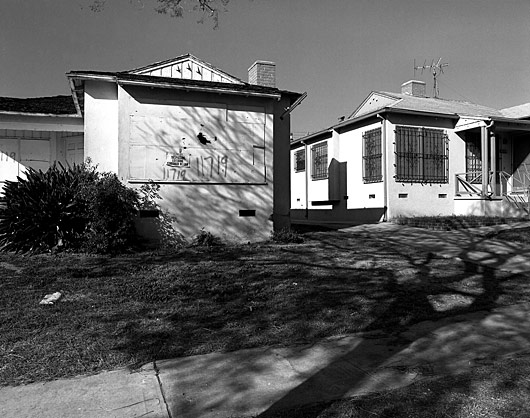July 1st marks the beginning of a new fiscal year in the City of LA. With next year’s budget approved and the threat of layoffs averted, at least for now, the City Council and Mayor may feel like they can breathe easy for the moment. But it’s time for more hard work to begin.
The City of LA faces projected budget deficits for the next two fiscal years of $199 million and $315 million, respectively. Ongoing budget deficits are due, in part, to the economic downturn and slow recovery but also a result of city leaders relying on short-term solutions to long-term problems.
City of LA Projected Revenues and Expenditures (Source: CAO’s office)
The City of LA has two main options to balance its budget: reduce spending or increase revenue. In recent years, city leaders have cut spending and tried to use one-time solutions, such as selling city assets, to address shortfalls. Spending cuts decrease the availability and quality of public services such as pothole repair and tree trimming, particularly when workers are laid off or transferred. One of the most-publicized spending cuts in recent years closed libraries citywide for two days each week. (In March 2011, voters struck back and increased funding for libraries by passing Measure L, with 63 percent of the vote.)
Each year, there are less places left to cut after services have already been slashed to the bone and fewer one-time solutions available. Moving forward, options to raise new, ongoing revenue must be on the table.
The few ongoing revenue solutions included in the upcoming year’s budget were, unfortunately, regressive. Renters and low-income families fought back against theMayor’s proposed $10 increase for parking tickets, particularly related to street sweeping. City Council compromised and approved a $5 increase for most parking violations. Tickets for illegal parking in disabled spaces will increase by $10.
Looking towards next year’s budget, what’s needed to ensure that more revenue solutions are on the table?
Based on measures approved by California voters, local voters must approve revenue-raising measures to establish or increase taxes. Prop 13 (passed in 1978) requires two-thirds voter approval for a tax allocated to a specific purpose. Prop 218 (passed in 1996) requires majority voter approval for a tax allocated to a general purpose for charter counties and cities, such as Los Angeles.
With citywide elections next March and May, now is the time for city leaders to explore revenue options to ensure more tools are available to address future budget deficits. If the groundwork doesn’t begin now, future budgets will continue to rely on painful spending cuts and problematic one-time solutions.
How do you think the City of LA should address ongoing budget deficits?













